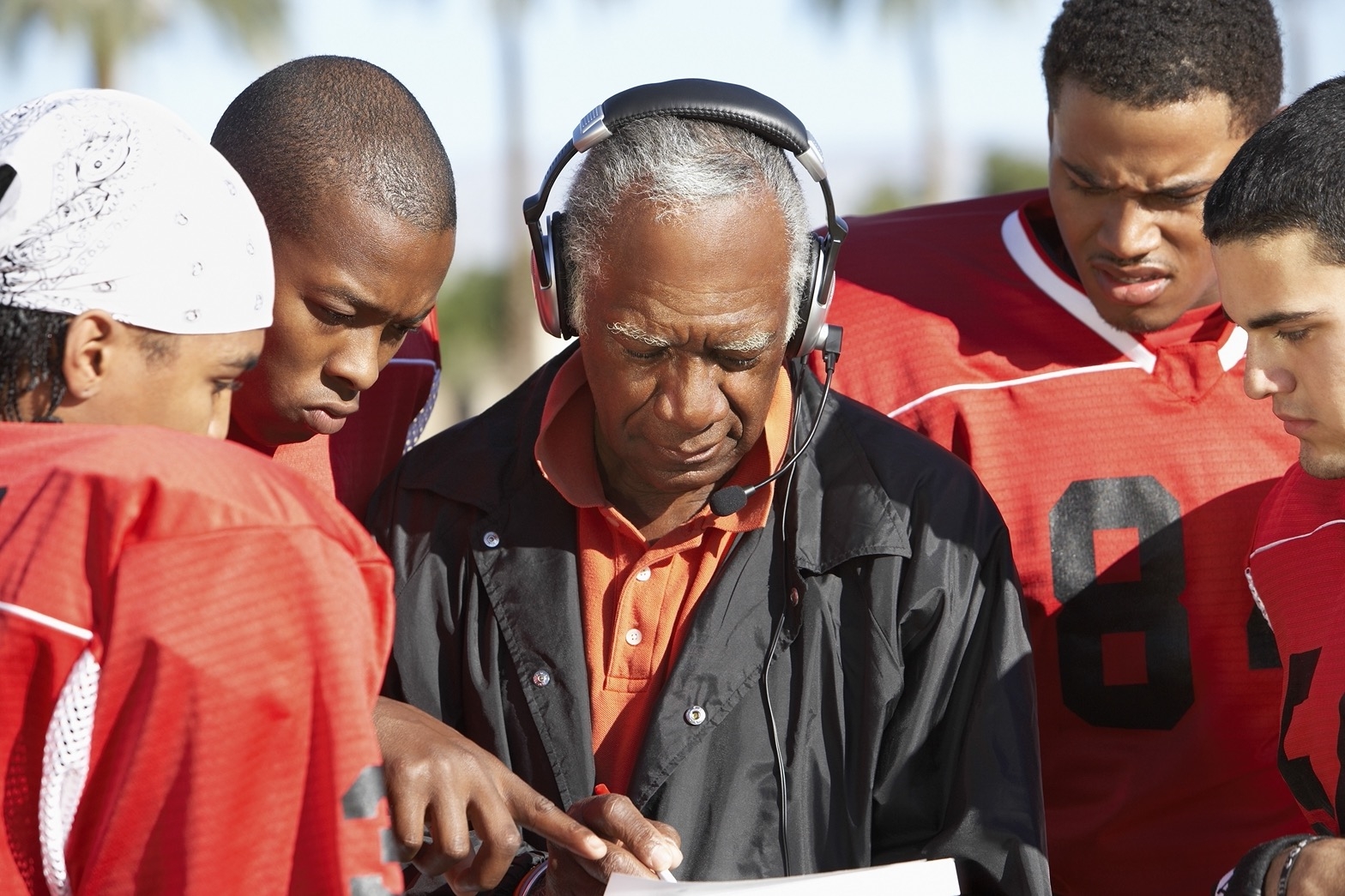Are you OK, coach? Starting the conversation about the mental health of coaches
The authors of this study investigated the relationship between coaches’ mental health, the stressors they faced, and their use of psychological resilience.
- Objective
- What They Did
- What They Found
- Practical Takeaways
- Reviewer’s Comments
- About the Reviewer
Original study
Kegelaers, J., Wylleman, P., van Bree, I. B. N., Wessels, F., & Oudejans, R. R. (2021). Mental Health in Elite-Level Coaches: Prevalence Rates and Associated Impact of Coach Stressors and Psychological Resilience. International Sport Coaching Journal, 8(3), 338-347.
Objective
Despite the highly demanding and stressful environment in which coaches work in, very little is known about their mental health. From the limited information that does exist, we know there are three main stressors that can impact them – performance (e.g., injuries to their athletes, poor playing performance), organisational (e.g., job insecurity, conflicts between playing and other support staff), and personal (e.g., lack of social time, feelings of isolation) stressors (see HERE). Not managing these stressors can lead to common mental disorders (CMD) amongst coaches, in the form of poor sleep, anger towards those around them, or depression amongst other things (see HERE). What is poorly understood though is the number of coaches who experience CMD, which limits the ability of policy makers and mental health practitioners in creating solutions to overcoming poor mental health.
One method that has been shown to improve mental health, mostly amongst athletes, is psychological resilience. In general terms, psychological resilience refers to an individual’s ability to maintain or adapt their regular mental and emotional state during various challenges using facilitative behaviours (see HERE). Some research has highlighted the beneficial use of psychological resilience among elite coaches, although more information is needed in this space to understand its true impact.
That being the case, the authors of this study investigated the relationship between coaches’ mental health, the stressors they faced, and their use of psychological resilience.
What They Did
A total of 119 elite-level coaches (age = 43.03 ± 10.51 yr; coaching experience = 12.75 ± 10.10 yr) from the Netherlands and Belgium completed an online survey that collected information about the impact and incidence of coach stressors on mental health, symptoms of CMD, and resilience. The survey consisted of a mixture of previously validated (e.g., Distress Screener, Connor-Davidson Resilience Scale 10) and newly developed measures (e.g., Coach Stressor Inventory).
What They Found
Stressors and Mental Health
Symptoms of CMD
Relationship between CMD Symptoms
Practical Takeaways
Reviewer’s Comments
“One of the key findings of this study highlights that coaches consider the performance of their athletes to be the main contributor to their own mental health, and personal stressors the least. This findings speaks volumes towards the athlete-centred approach that many modern coaches have, tending to put the needs of their athletes first, often at the expense as it would seem to their own mental health. This finding also shows that one of the main contributors to CMD’s amongst coaches is – for the most part – out of their control.
“Because of this finding and the associated reasons for it, how coaches manage their mental health is clearly a challenge. Although I can’t propose any easy solutions, speaking with professionals who can help build psychological resilience skills is the best place to begin.”
Want to learn more? Then check these out…
Want more research reviews like this?
Every coach understands the importance of staying up-to-date with the latest sports performance research like this, but none have the time, energy, or even enjoys spending hours upon hours searching through PubMed and other academic journals. Instead, your precious time is better-spent coaching, programming, and managing all the other more important aspects of your job.
The solution…
The Performance Digest
The Performance Digest is a monthly summary of the latest sports performance research reviewed by our team of hand-selected experts. We sift through the 1,000+ studies published in the realms of sports performance every, single month and review only those which are important to you. Each monthly issues contains 15 research reviews in all of the following disciplines:
This comprehensive topic base ensures you’re constantly expanding your knowledge and accelerating your career as quickly as humanly possible. The reviews are also hyper-focused, 1-page summaries, meaning there’s no jargon or wasted time. We cut right to the chase and tell you what you need to know so you can get back to coaching.
Join the thousands of other coaches who read it every, single month. Click here to get instant access for free…
About the Author
Will is a Lecturer of Sport Coaching at Deakin University, Australia. Prior to this he has worked with Cricket NSW and Cricket Australia in an array of roles ranging from a sport scientist, development coach and a strength and conditioning coach. He completed his PhD at the University of Newcastle, Australia within the area of practice design.

